Research Assistants (RAs) are integral members of the research team at the Medical Practice Evaluation Center (MPEC). At MPEC, RAs work with internationally recognized teams to improve clinical outcomes, increase value in health policy, and inform global public health.
“We recruit talented, smart, and enthusiastic RAs to address some of the most important questions in global healthcare delivery.”
–Dr. Kenneth Freedberg, Director of MPEC
“MPEC team members treasure their time working with RAs–RAs bring energy and new ideas that we all learn from.”
–Dr. Ingrid Bassett, former Co-Director of MPEC
RAs primarily work within one of MPEC’s two main pillars: Simulation Modeling and Decision Science Pillar or Implementation Science Pillar. RAs working primarily in the Simulation Modeling and Decision Science Pillar will conduct clinical and cost-effectiveness analyses on the treatment and prevention of chronic and infectious diseases. RAs working primarily in the Implementation Science Pillar will help develop, implement, and evaluate interventions to improve engagement in medical care. RAs engage in all phases of research, from conception and design of studies through written and oral presentation of findings.
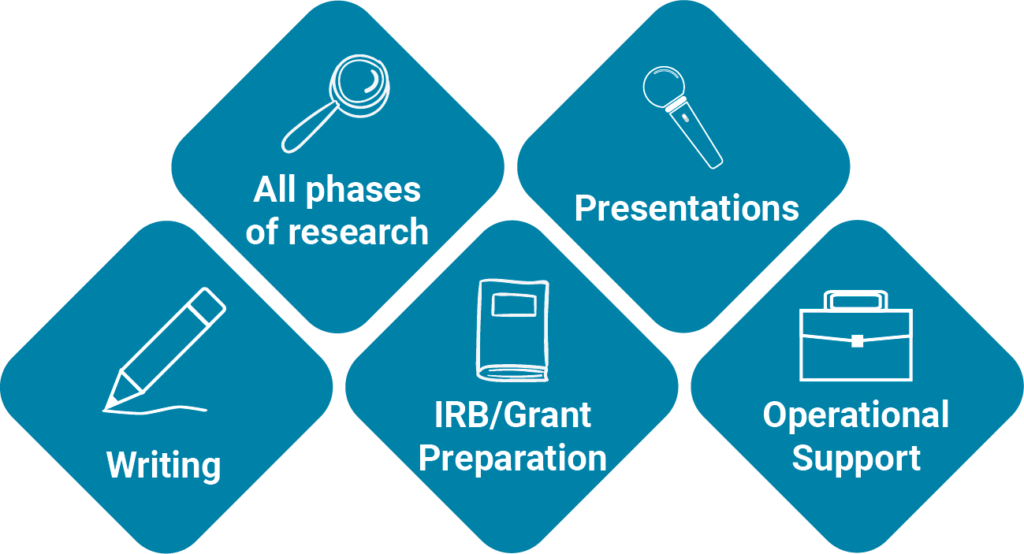
“We strive for RAs to be exposed to people who approach research using different training and tools, so that RAs can see different paths that they might pursue to achieve their long-term career goals.”
-Dr. Ingrid Bassett
RAs have diverse academic interests, educational backgrounds, and career goals. MPEC is invested in the professional development of all RAs, regardless of intended career trajectory. Through faculty, fellow, and peer-to-peer mentorship, RAs are supported both during and after their time at MPEC. Our RAs typically go on to pursue medical school, graduate school, or research fellowships after 2-3 years with MPEC.
You can read about the experiences and next steps of some of our former RAs below.
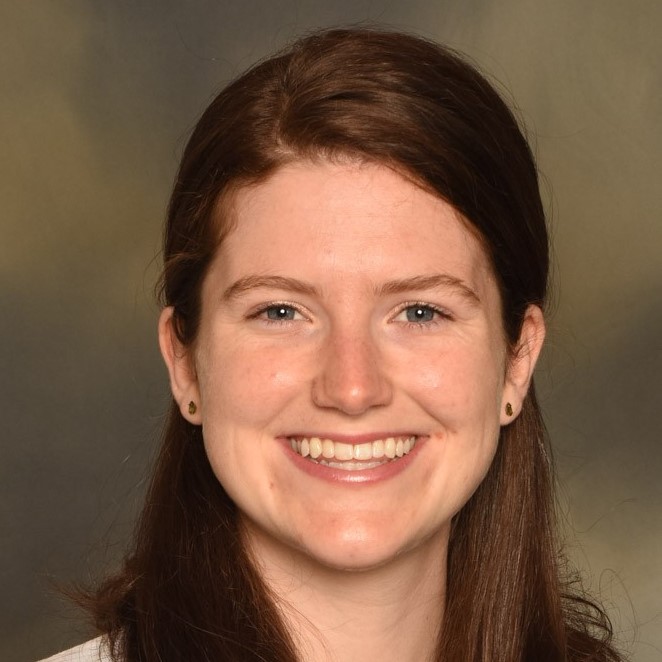
Bridget Bunda
she/her/hers
Undergraduate Institution: Northeastern University
Major: Health Science
Years at MPEC: 2018-2020
MPEC Pillar: Implementation Science
Next Steps: Tulane University School of Medicine – MD/MPH Program
Take-aways: “While working as a research assistant at MPEC, I focused on Dr. Bassett’s projects related to access to HIV treatment and prevention, domestically and in South Africa. My time at MPEC provided me with a range of important research experiences, including NIH grant applications, project development & management, data analysis, and manuscript writing–all relevant to my current role as a MD/MPH candidate. I am grateful for having the opportunity to work with and learn from such a superb team including staff and faculty at MPEC, as well as our fantastic international colleagues.”
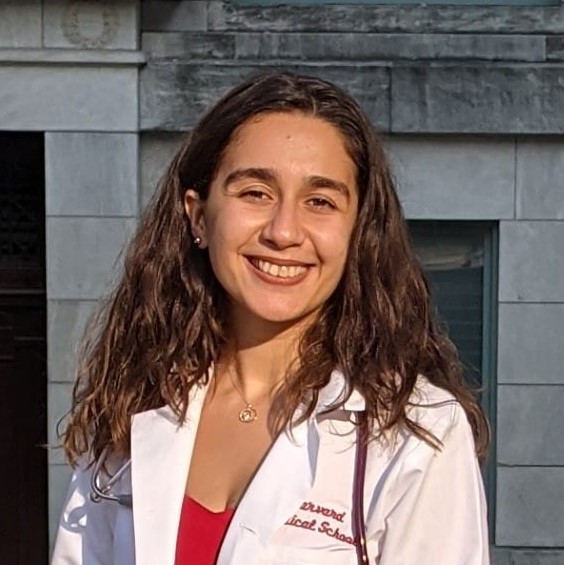
Ege Eskibozkurt
she/her/hers
Undergraduate Institution: Harvard College
Major: Human Developmental and Regenerative Biology
Minor: Global Health and Health Policy
Years at MPEC: 2019-2021
MPEC Pillar: Simulation Modeling and Decision Science
Next Steps: Harvard Medical School
Take-aways: “I learned a lot about finding the best data out there to use for our research and to never stop looking! I also learned how to form the right questions in a given model to answer important scientific questions.”
Favorite project: “I worked on cost-effectiveness analyses assessing COVID-19 testing strategies in Massachusetts and COVID-19 treatment with remdesivir. Seeing the impact we could have with modeling projects during a pandemic really inspired me.”

Linh Le
she/her/hers
Undergraduate Institution: Amherst College
Majors: Mathematics and French
Years at MPEC: 2019-2021
MPEC Pillar: Simulation Modeling and Decision Science
Next Steps: University of Washington School of Medicine
Take-aways: “Through working alongside so many talented and compassionate physician-scientists who are committed to improving their local community and the world, I have learned that one of medicine’s greatest privileges is being able to apply one’s clinical knowledge and research skills to better the community and the world.”
Favorite projects: “While all of my projects at MPEC were amazing learning opportunities, two of them had the most impact on me. One was a cost-effectiveness analysis of cabotegravir, a long-acting injectable HIV pre-exposure prophylaxis (PrEP) among men who have sex with men and transgender women in the US, and the other was a cost-effectiveness analysis of management strategies for adults experiencing homelessness during the COVID-19 pandemic.
Our collaborative project with the HPTN 083 trial team showed that cabotegravir must be priced comparably to the generic version in order to be cost-effective and increase critical access to PrEP, especially among populations at high risk of HIV.
In examining the potential benefits and drawbacks of different management strategies for adults experiencing homelessness during the COVID-19 pandemic, I learned to consider a particular community’s available resources, or lack thereof, in making recommendations during a medical crisis. Throughout my medical career, unexpected challenges are bound to arise. In those times, I will try to capitalize on existing resources to champion the health of my patients [and] the well-being of my community.”

Nicole McCann
she/her/hers
Undergraduate Institution: Wesleyan University
Majors: Biology and Science in Society
Years at MPEC: 2018-2021
MPEC Pillar: Simulation Modeling and Decision Science
Next Steps: Boston University School of Public Health – Health Services Research PhD Program
Take-away: “I learned about the importance of strong collaborations and teamwork.”
Favorite project: “At MPEC, I enjoyed working on a project related to the cost-effectiveness of branded vs. generic drugs for HIV prevention. I liked this project because it addressed an important area of medicine that is not always considered, which is the trade-off between collective access to drugs based on cost and potential marginal benefit for an individual.”
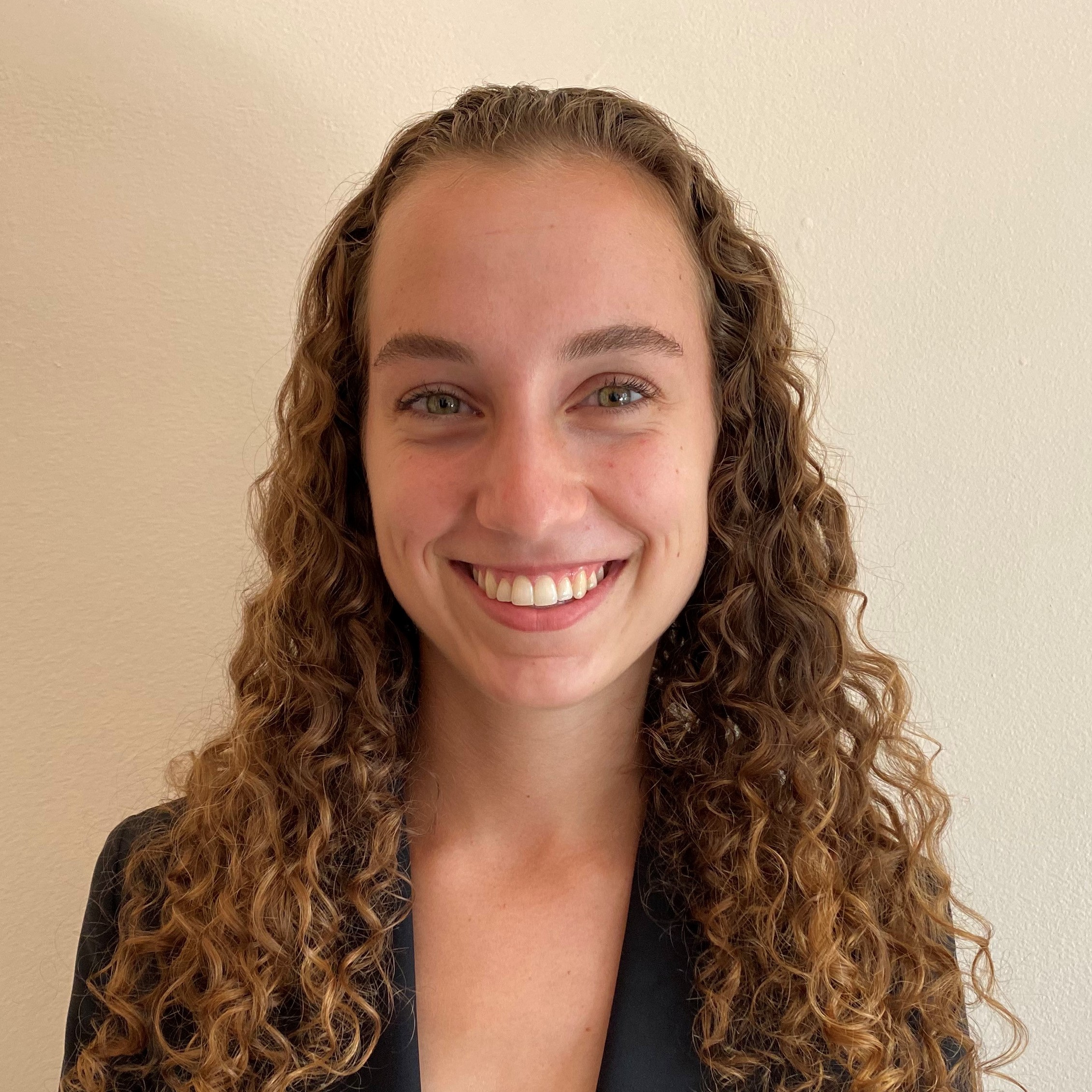
Giulia Park
she/her/hers
Undergraduate Institution: Middlebury College
Majors: Molecular Biology and Biochemistry, Psychology
Years at MPEC: 2019-2021
MPEC Pillar: Simulation Modeling and Decision Science
Next Steps: Boston University School of Medicine
Take-aways: “I learned the importance of using research to advocate for patients and populations through public health policy, the benefits of interdisciplinary collaboration, and the impact of the health of the community on the health of the individual.”
Favorite project: “I enjoyed working on the CEACOV Return to Work Project. It was cool to work on one of the first iterations of the CEACOV model and then to watch it change and grow with our knowledge of COVID-19 – this really demonstrated the fluidity of medicine and research.”

Ogochukwu Ufio
she/her/hers
Undergraduate Institution: Howard University
Majors: Clinical Laboratory Science
Years at MPEC: 2019-2021
MPEC Pillar: Simulation Modeling and Decision Science
Next Steps: Tulane University School of Medicine – MD/MPH Program
Take-away: “As an RA at MPEC, I learned to use cost-effectiveness analyses to provide valuable information [to inform health policy decisions]–a skill that can be applied to almost any field and that you will take with you beyond your time at MPEC. As an added bonus, you get to learn from the most brilliant minds in the field.”
Favorite project: “I worked with Dr. Anne Neilan to project the life expectancy of adolescents aged 13-24 years living with HIV. I found this population interesting because they are at a critical point in their care–transitioning from more hands-on pediatric care to less stable and hand-off adult care. This leaves them vulnerable to care gaps, especially youth with perinatal HIV who, because of better treatments, are now aging into adulthood. There is so much still unknown about this group and the challenge of this project was to help fill in those knowledge gaps. We presented our work at the 2021 International Workshop on HIV Pediatrics.”

Nafisa Wara
she/her/hers
Undergraduate Institution: Harvard College
Major: Molecular and Cellular Biology
Minor: Global Health and Health Policy
Years at MPEC: 2019-2021
MPEC Pillar: Implementation Science
Next Steps: David Geffen School of Medicine at University of California, Los Angeles
Take-away: “Importantly, I learned an incredible amount from my collaborators in Durban, South Africa–they taught me so much about effective study design with an eye towards the logistics of implementation, as well as the importance of developing relationships with community stakeholders when conducting community-centered research.”
Favorite project: “One of my favorite projects was working on a study with Dr. Ingrid Bassett piloting the delivery of contraceptives, pre-exposure prophylaxis (PrEP), and STI testing in hair salons throughout Durban, South Africa. This project was so complex, with constant consideration of the clinical components needed to safely provide contraceptives and PrEP, as well as the socio-cultural factors involved when providing sexual and reproductive healthcare in community-based settings.”
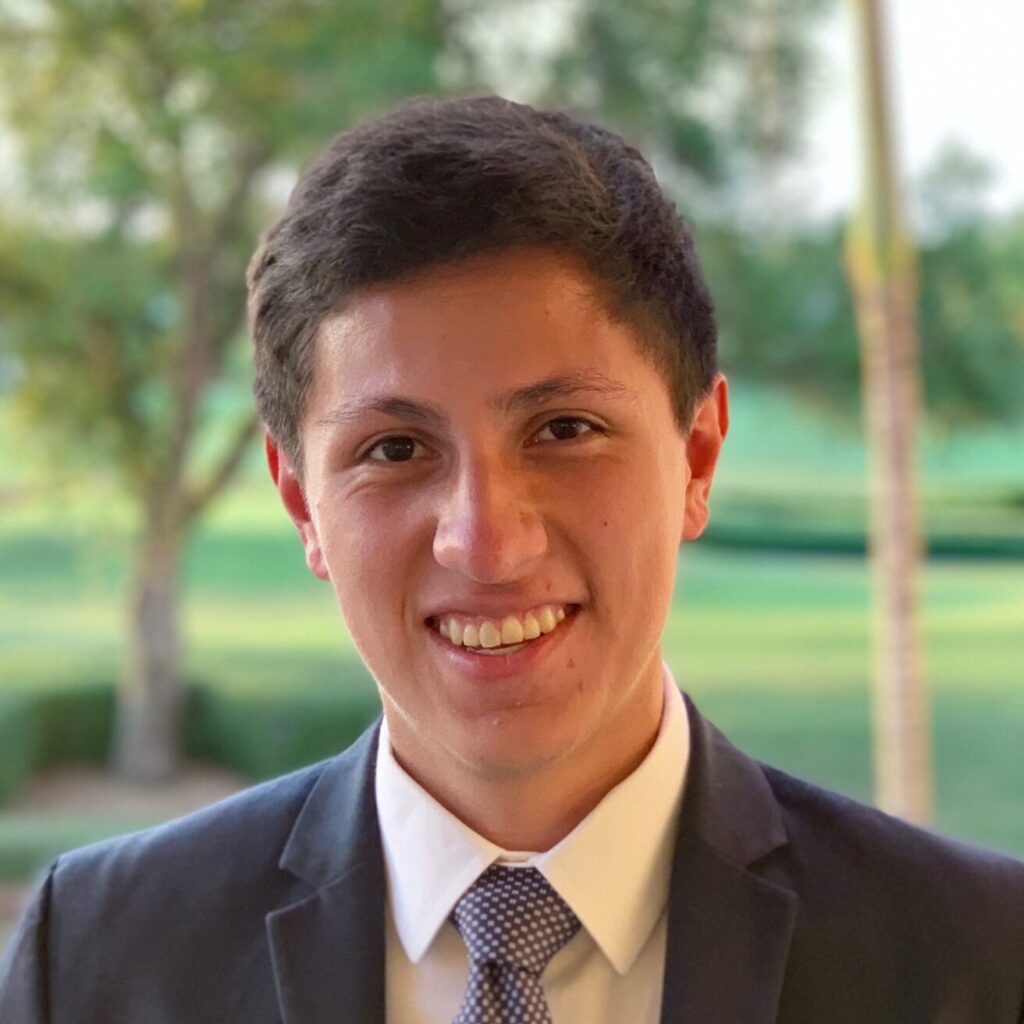
Chris Alba
he/him/his
Undergraduate Institution: Yale University
Majors: Economics; Molecular, Cellular, and Developmental Biology
Years at MPEC: 2020-2022
MPEC Pillar: Simulation Modeling and Decision Science
Next Steps: Harvard Medical School – MD Program
Take-away: “While at MPEC, I learned the utility of presenting both clinical and economic outcomes of public health interventions; presenting both creates a more compelling story than presenting one alone. Doing so makes it more likely that research results go on to improve people’s care in practice. I also learned to carefully consider the many stages at which a person may experience challenges in accessing care when modeling care continuums and when identifying potential interventions to improve access and outcomes.”
Favorite project: “My favorite project was modeling the clinical impact and cost-effectiveness of using anti-HIV broadly neutralizing antibodies (bNAbs) to prevent infant HIV acquisition. In this analysis, we found that offering bNAbs to infants with known HIV exposure or, in some cases, all infants could significantly reduce infant HIV acquisition and be cost-effective. I enjoyed this modeling analysis because it came before bNAbs were available on the market. In this way, the research findings could be used to catalyze the clinical development and rapid implementation of bNAb infant prophylaxis. I also greatly enjoyed this project because of the opportunity to closely collaborate with experts in varied fields, including on-the-ground clinicians, government agency public health experts, bNAb clinical trial investigators, and health economists.”
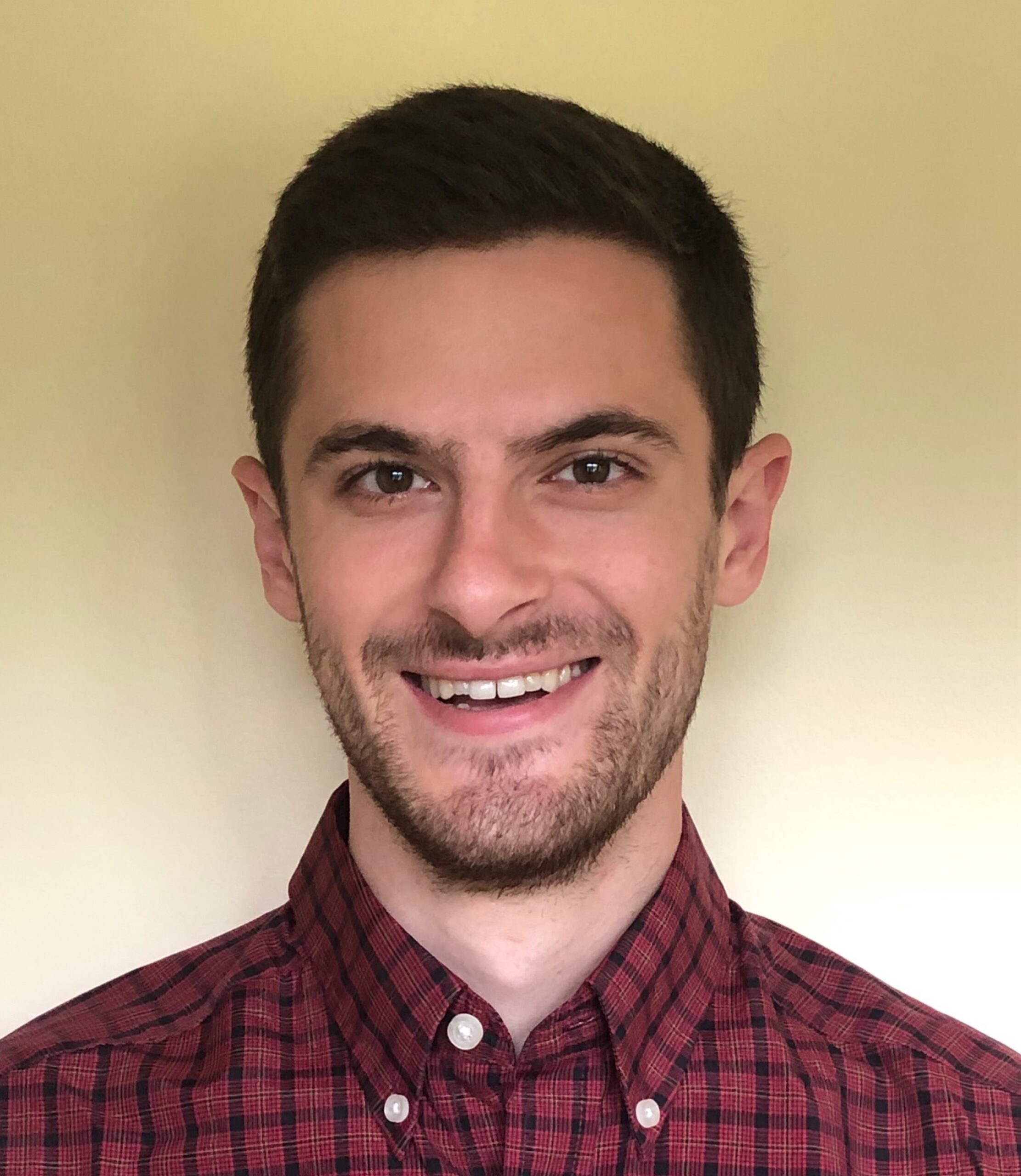
Ravi Brenner
he/him/his
Undergraduate Institution: University of Pennsylvania
Major: Biological Physics
Minor: Religious Studies
Years at MPEC: 2020-2022
MPEC Pillar: Simulation Modeling and Decision Science
Next Steps: New York State Department of Health
Take-away: “I learned about how data and simulation modeling can help policymakers make more informed decisions. I also benefited from the great work environment created by the faculty, staff, and other research assistants.”
Favorite project: “I worked on a project with Dr. Anne Neilan estimating life expectancy for youth with HIV. I really enjoyed this project because we were using new model structure to address an important research gap for young people with HIV. We also worked with a strong team of collaborators, and I got to attend and present the Adolescent Medicine Trials Network for HIV/AIDS Interventions (ATN) meetings about our work.
I also worked on a project with Dr. Andrea Ciaranello to inform optimal strategies for the rollout of pediatric dolutegravir, a relatively new and highly effective antiretroviral treatment. I enjoyed this project because we got to work with collaborators all over the world, and their feedback was crucial to making sure the analysis was relevant to the clinical and programmatic questions on the ground. I presented our work at the 2021 International Workshop on HIV & Pediatrics.”

Grace Chamberlin
she/her/hers
Undergraduate Institution: Williams College
Majors: Sociology and Public Health
Years at MPEC: 2020-2022
MPEC Pillar: Implementation Science
Next Steps: UNC Gillings School of Global Public Health – MPH in Health Policy
Take-away: “I have been so impressed by the amount of flexibility and collaboration I’ve seen while working with MPEC during the COVID-19 pandemic. So many researchers stepped away from their typical areas of interest to dedicate their efforts to COVID research and response and partnered with local organizations, other hospitals, and international collaborators to do so; whether or not I continue in research, I want to maintain this focus on building multidisciplinary coalitions to tackle pressing public health issues.”
Favorite project: “I was lucky to work with so many incredible PIs in my time at MPEC, including Drs. Anne Neilan, Jen Manne-Goehler, Mark Siedner, and Ingrid Bassett, but I really loved working with Dr. Kevin Ard, the director of the MGH Sexual Health Clinic, on a qualitative project focused on MSM and their experiences accessing sexual health services here in Boston. It was enlightening to be involved in so many aspects of the work– writing the interview guide, consenting participants, conducting, transcribing, and coding the interviews, and ultimately writing a paper on our findings. I learned a lot about the research process, including the importance of including the perspectives of those most affected as we try to use this data to make impactful change.”
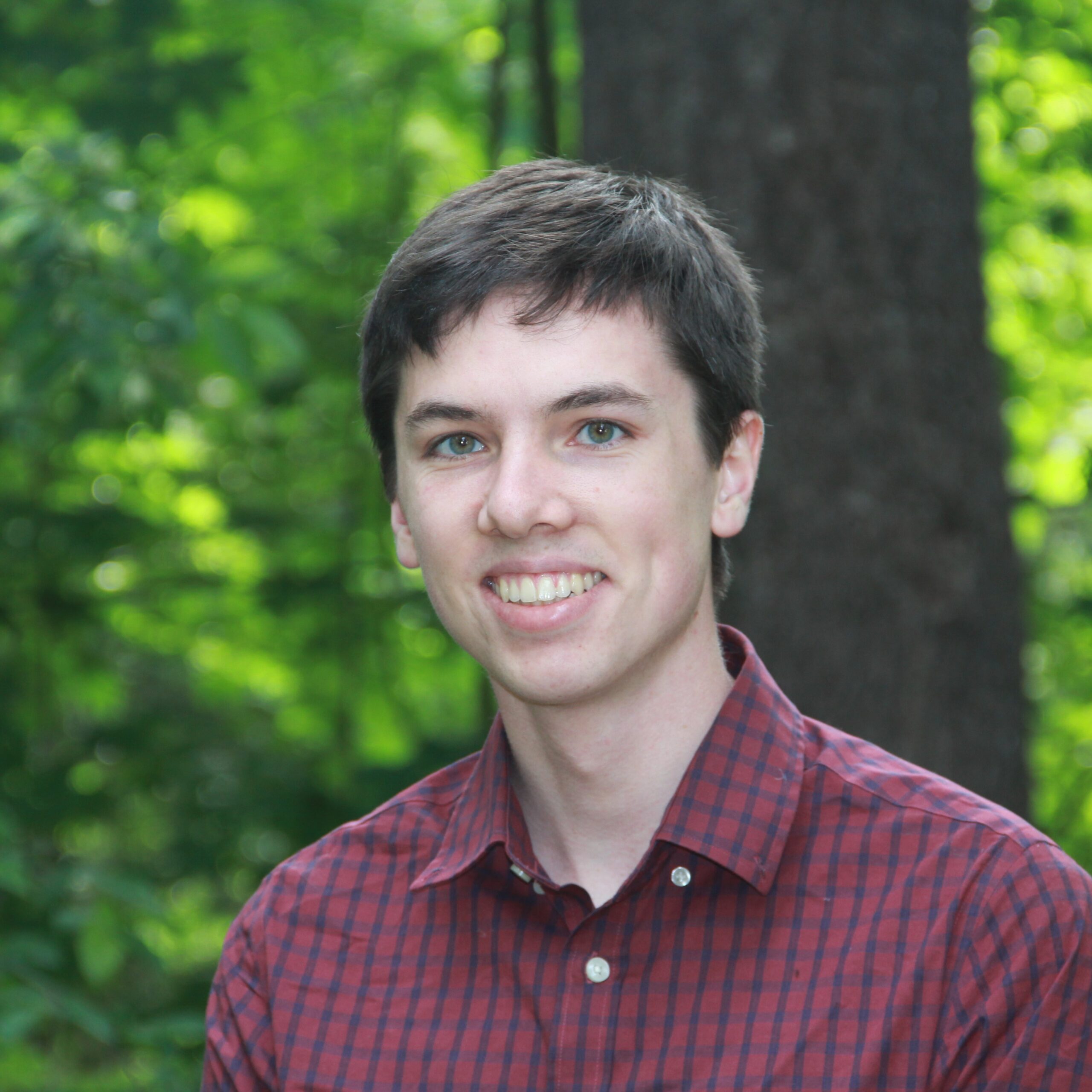
Kieran Fitzmaurice
he/him/his
Undergraduate Institution: University of Pittsburgh
Major: Chemical Engineering
Years at MPEC: 2020-2022
MPEC Pillar: Simulation Modeling and Decision Science
Next Steps: UNC Center on Financial Risk in Environmental Systems
Take-away: “I learned about how mathematical modeling can be used to help address policy challenges involving elements of uncertainty. I also enjoyed getting to work with mentors and coworkers who taught me about the importance of asking the right questions and translating research findings into policy and practice.”
Favorite project: “I was lucky enough to work on several projects during my time at MPEC which spanned the areas of COVID-19 vaccination, diagnostic tests for TB, and smoking cessation among people with HIV. I particularly enjoyed working with Drs. Krishna Reddy and Pam Pei on an analysis examining the extent to which future randomized trials of novel tests for TB are expected to enhance clinical decision making and improve the adoption of testing strategies shown to be cost-effective. As part of the project team, I was able to help develop new methodologies and tools to quantify the relative impact of parametric uncertainty and imperfect implementation on clinical outcomes and costs—methods which I hope can be applied in future analyses as well.”

Stephanie Lee
she/her/hers
Undergraduate Institution: Florida State University
Major: International Affairs
Minor: Urban and Regional Planning
Years at MPEC: 2020-2022
MPEC Pillar: Simulation Modeling and Decision Science
Next Steps: University of Michigan – MD Program
Take-away: “MPEC showed me how research could be leveraged to address upstream issues in implementing sustainable solutions to effectively manage the root causes of major health ailments, such as HIV or cardiovascular disease. I learned how impactful data could be, especially when advocating for policy changes! I am grateful to the mentors I gained through MPEC who remind me of the unique role physicians have in understanding and supporting their patients and communities.”
Favorite project: “Under Dr. Krishna Reddy, I assisted in an analysis using the STOP model to study the impact of tobacco-related disparities on health outcomes. The model allowed us to project health-adjusted life expectancies in vulnerable populations, such as those experiencing low socioeconomic status or serious psychological distress. Through the model results, I gained insight into the necessity of expanding access to healthcare and public health initiatives and the grave importance of maintaining this access. Data and decision science research were foreign concepts to me before this job, but this project showed me how a single input in a model, or a single factor in an individual’s life, could drastically change the trajectory of an individual’s health.”

Nicholas Rahim
he/him/his
Undergraduate Institution: Cornell University
Majors: Economics and History
Minor: Africana Studies
Years at MPEC: 2020-2022
MPEC Pillar: Implementation Science
Next Steps: Harvard T.H. Chan School of Public Health – PhD Program in Population Health Sciences
Take-away: “I have begun to get a better understanding of what it means to be a researcher by observing how my mentors engage with their work.”
Favorite project: “They’re all my favorite in some way, which is probably the most diplomatic answer. However, the one that probably stands out the most is my work Dr. Jennifer Manne-Goehler on the state of diabetes preventive services in low- and middle income countries. It was was my very first analysis and it made me push myself to go outside my comfort zone.”
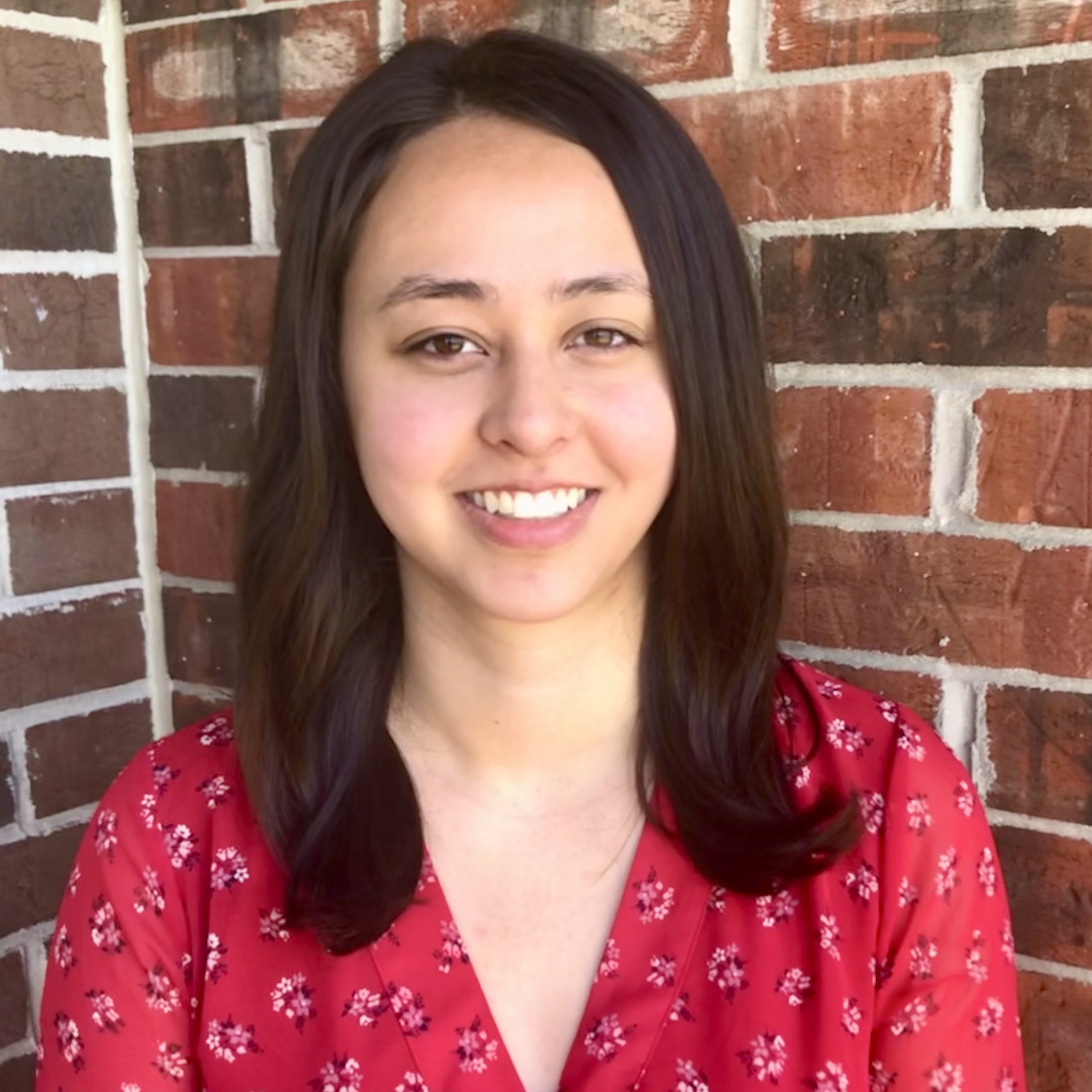
Ashley Stuckwisch
she/her/hers
Undergraduate Institution: University of Wisconsin-Madison
Majors: Biology and Economics
Years at MPEC: 2020-2022
MPEC Pillar: Implementation Science
Next Steps: University of Wisconsin School of Medicine and Public Health
Take-away: “As a research assistant at MPEC, I learned various research methods applied in a global health context. I gained skills in study design and management, as well as manuscript writing, that will be valuable in my future career.”
Favorite project: “I worked with Dr. Bassett on evaluating strategies to improve health care service delivery in South Africa, including the implementation of the Central Chronic Medication Dispensing and Distribution program and HIV prevention services at hair salons. I also worked with Dr. McCluskey on evaluating the impact of drug resistance and adherence on the effectiveness of dolutegravir-based ART regimens in Uganda in South Africa. I enjoyed working as part of a global team on implementation research with important health implications for all these projects.”
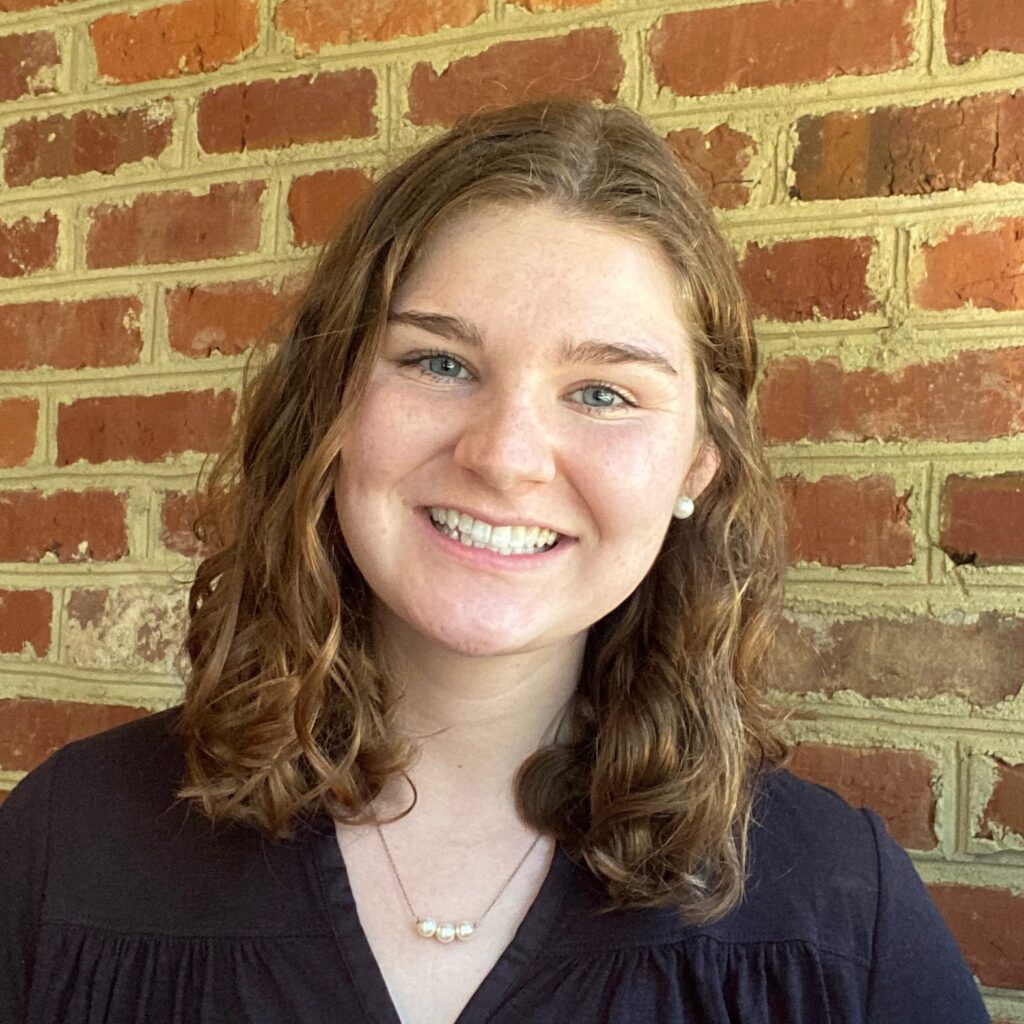
Nora Mulroy
she/her/hers
Undergraduate Institution: Colgate University
Majors: Biology
Years at MPEC: 2021-2023
MPEC Pillar: Simulation Modeling and Decision Science
Next Steps: Project Coordinator at Invicro
Take-away: “While I learned a lot at MPEC about simulation modeling and decision science, the biggest lessons that I will take with me relate to doing “good” research and how to handle multiple, on-going projects. I learned a lot about working with collaborators, managing projects, and working on a research team that will benefit me in my future career.”
Favorite project: “While I had the opportunity to work on several interesting projects in my time at MPEC, my favorite was working with Dr. Krishna Reddy to evaluate the impact of tax policies on e-cigarette use. E-cigarettes remain very prevalent, especially among young adults, so it was really cool to be working on such a relevant project that has the power to impact policy and improve population health. It was also incredibly rewarding to generate results using the STOP model that accurately predicted smoking and e-cigarette behavior after many months of adjusting model inputs.”